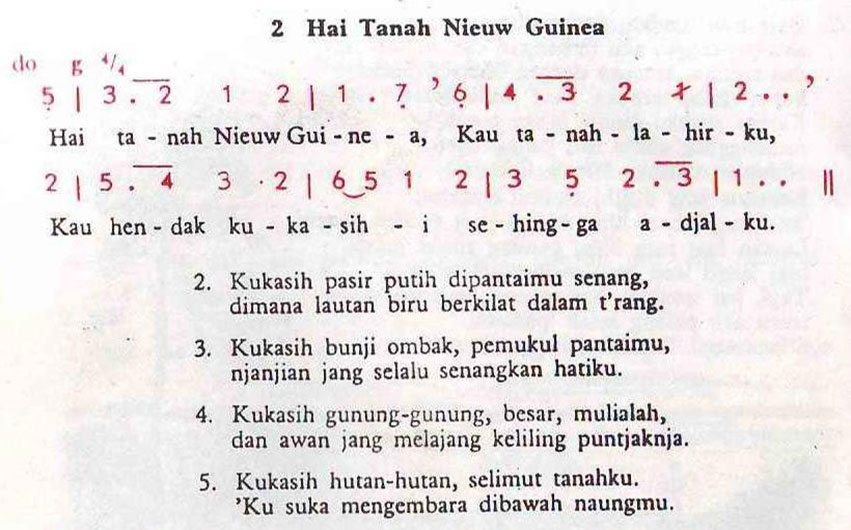
Historical analyses have suggested a significant relationship between missions and European overseas expansion, and between missions and the development of the idea of a Greater Britain, a Greater France and a Greater Netherlands. This project uses a biographical method that studies the relation between religion and empire. Within the scope of a biography on Isaak Samuel Kijne, a Dutch Protestant missionary in New Guinea, it investigates the relation between Protestant mission and ethnicity, Papua languages and cultures, education, colonial administration, Catholic mission, decolonisation and nationalism.
The biography examines Kijne’s relationship with empire and his significance for Papua. In 1923 Kijne arrived in New Guinea where he was put in charge of a teacher training college. His students became the politicians and administrators who dominated the debate of Papua’s future. After the Second World War he adhered to the policy of assimilation of New Guinea into the United States of Indonesia. After president Soekarno had proclaimed the unitary state in 1950, however, Kijne opted for the development of New Guinea under Dutch rule. In 1958 he returned to the Netherlands. To this day Kijne’s name is associated with Papua. He composed ‘Hai tanahku Papua’ (O my country Papua) the unofficial anthem of Papua and a symbol of independence activists. Moreover, the Theological Academy in Papua’s capital Jayapura is named after ‘I.S. Kijne’.
PROJECTS
Click here to go back to the full list of research projects ongoing at the KITLV/Royal Netherlands Institute of Southeast Asian and Caribbean Studies and in collaboration with other departments and institutions.



